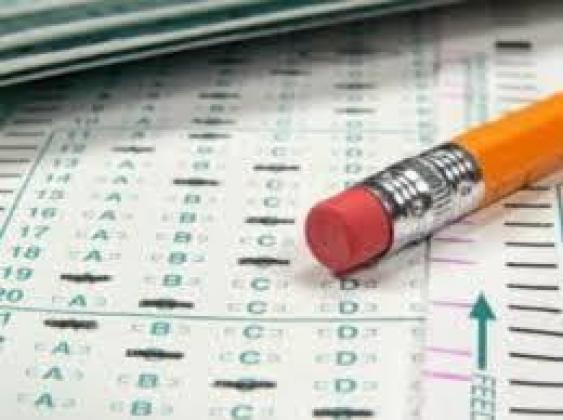
Staff Report
Louisiana’s Class of 2020 earned an average ACT Composite score of 18.7. That’s based on the Louisiana Department of Education’s annual release of ACT data for the 2020 high school graduating class. Louisiana’s score is at an all-time low since the state granted all students access to the test in 2013.
This is the third consecutive year Louisiana’s ACT Composite score has decreased. The state earned a 19.6 in 2016-2017 before seeing declines to 19.3 in 2017-2018 and 18.9 in 2018-2019. The average Composite score also declined among Students with Disabilities (14.8 in 2019 to 14.4 in 2020), Economically Disadvantaged (17.3 in 2019 to 17.1 in 2020) and English Learners (14.6 in 2019 to 14.2 in 2020).
In 2020, the 699 St. Landry Parish students had a ACT Composite score of 17.7. Previous scores were 18 in 2018-2019; 18.4 in 2017-2018; 18.7 in 2016-2017; and 18.7 in 2015-2016.
In Acadia Parish, 588 students in 2019-2020 had a Composite score of 18.1. Previous scores were 18 in 2018-2019; 18.8 in 2017-2018; 18.5 in 2016-2017; and 19 in 2015-2016.
In Evangeline Parish, 290 students had a Composite score of 18.3 in 2019-2020. Previous scores were 18.2 in 2018-2019; 18.6 in 2017-2018; 19.3 in 2016-2017; and 19 in 2015-2016.
The 2020 scores in St. Landry Parish were: Eunice High, 18.5, 146 students; Opelousas High, 17, 125 students; North Central High, 17.2, 33 students; Beau Chene High, 17.7, 150 students; Northwest High, 17.3, 136 students; Port Barre High, 17.4, 70 students; and Magnet Academy for the Cultural Arts, 18.8, 39 students.
The 2020 scores in Acadia Parish were: Church Point High, 17.8, 118 students; Crowley High, 16.5, 143 students; Iota High, 19.6, 108 students; Rayne High, 18, 163 students; and Midland High, 20.3, 56 students.
The 2020 scores in Evangeline Parish were: Basile High, 19.1, 38 students; Mamou High, 18.7, 99 students; Pine Prairie High, 18.5, 73 students; and Ville Platte High, 17.1, 80 students.
Results are available now on the LDOE website.
“Our Louisiana students are as talented as any across the country. This continued decline in scores should trigger our thinking about flipping this trajectory,” said State Superintendent of Education Dr. Cade Brumley. “When students score higher, they open additional doors of opportunities for themselves and their families.”
The number of seniors earning a college-going ACT score dipped for the third consecutive year. Fifty-two percent of seniors in the Class of 2020 earned an 18 or better. That’s compared to 54% in 2019 and 59% in 2018. Students earning a 21 or better dropped to 32%. That number was 33% in 2019 and 36% in 2018. A score of 18 is the performance level at which students admitted to college are generally not required to retake high school courses. A score of 21 will earn schools an ‘A’ grade in the state’s high school rating system in 2025.
The Class of 2020 Louisiana report includes over 53,000 students. Since 2013, Louisiana has offered the ACT free of charge to high school juniors. The ACT is used for college admissions and access to scholarships and financial aid, including TOPS. By making the test accessible to all students, Louisiana ensures families do not face an additional financial barrier to success after high school.
“Louisiana is a good example of providing access to all students, but the decline in ACT scores over time is clearly a call to action,” said State Commissioner of Higher Education Kim Hunter Reed. “While ACT scores are not mandated for college acceptance in Louisiana, this year’s scores are a clear mandate charge to us to do better in preparing all students,” said Reed. “For students to envision themselves succeeding in college it’s important for them to achieve scores that support their progress and increase access to scholarships and aid. Expanded access and student success must be our collective goal.”
Louisiana calculates its ACT data using the “best score” calculation used by colleges and for school letter grades. ACT calculates Louisiana’s average score for all public and private school students anticipating graduation that year using a student’s “most recent score.”
